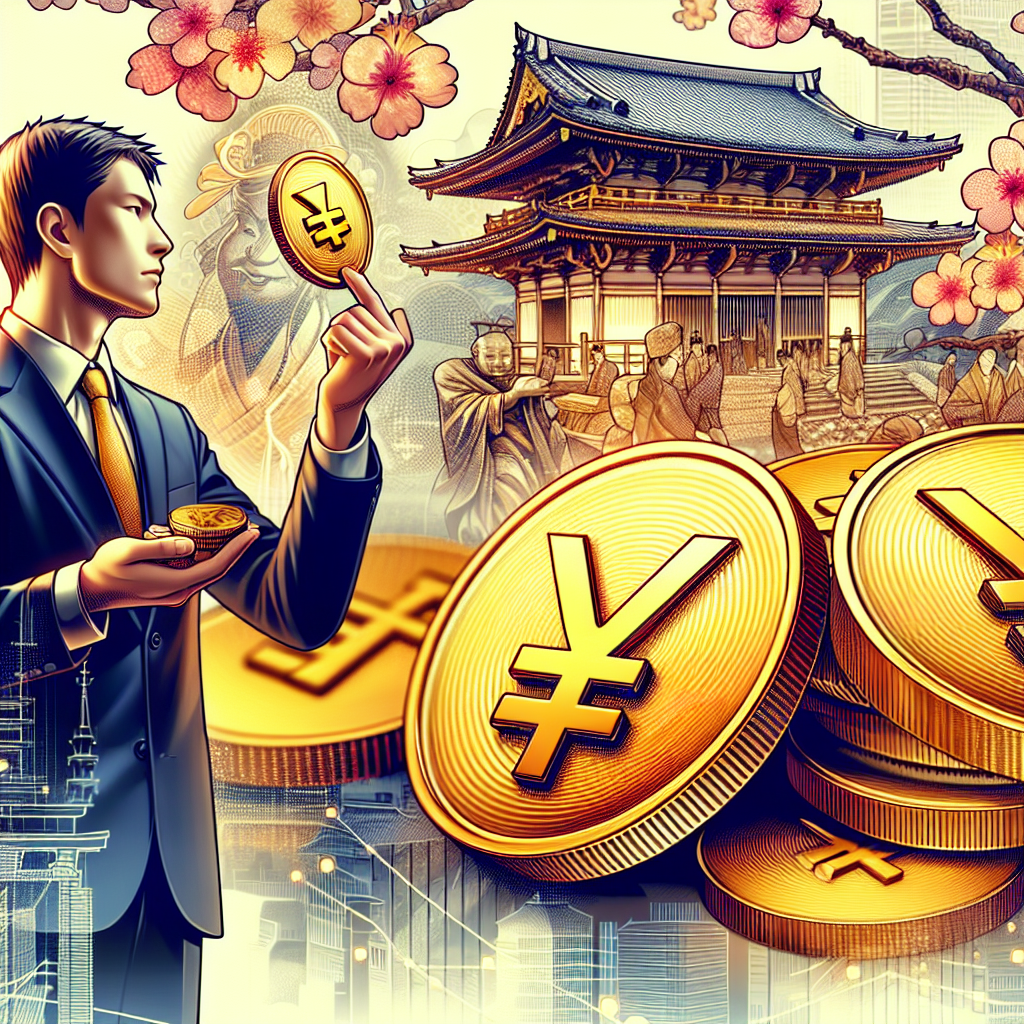Mounting Election Woes and Trade Tensions Pressure the Yen
Japan's yen weakened amid concerns over a pivotal election and ongoing trade tensions with the U.S. Prime Minister Ishiba's coalition risks losing its majority, while the country struggles to reach a trade deal before impending tariff hikes. Trade declines and currency volatility continue to generate economic uncertainty.

The yen slid Thursday as concerns mounted around Japan's pivotal election and elusive trade negotiations with the U.S. The currency nearly hit a one-year low against the euro amid fears of Prime Minister Shigeru Ishiba's coalition losing its upper house majority. President Trump's denial of plans to dismiss Federal Reserve Chair Jerome Powell provided only marginal relief to the dollar.
Japan's chief trade negotiator conversed with U.S. Commerce Secretary Howard Lutnick as Japan struggles with the effects of prolonged tariffs. In June, exports fell for a second consecutive month, showing the tangible impact of these tariffs. Analyst Bart Wakabayashi noted the election's critical influence on the yen's perception in foreign markets.
Investors are focusing on tariffs with an August 1 deadline approaching fast. Failing to secure a U.S. trade deal post a July 9 temporary tariff halt adds to Japan's economic pressure, evidenced by a 0.5% drop in June's exports. Prime Minister Ishiba is scheduled to discuss trade with U.S. Treasury Secretary Scott Bessent, amidst domestic and international uncertainties.
(With inputs from agencies.)
- READ MORE ON:
- yen
- election
- trade deal
- Japan
- tariffs
- U.S.
- currency
- economy
- Prime Minister Ishiba
- export decline
ALSO READ
GLOBAL MARKETS-Asian stocks waver, dollar sags under weight of Trump tariffs, Fed uncertainty
GLOBAL MARKETS-Stocks inch up, dollar struggles under weight of Trump tariffs, Fed uncertainty
Ukrainian lawmaker says U.S. halt in missile shipments 'painful' for Ukraine
RPT-Italy could lose 20 bln euros in exports, 118,000 jobs with US tariffs, industry head says
Maersk estimates effective US tariffs average 21% currently










